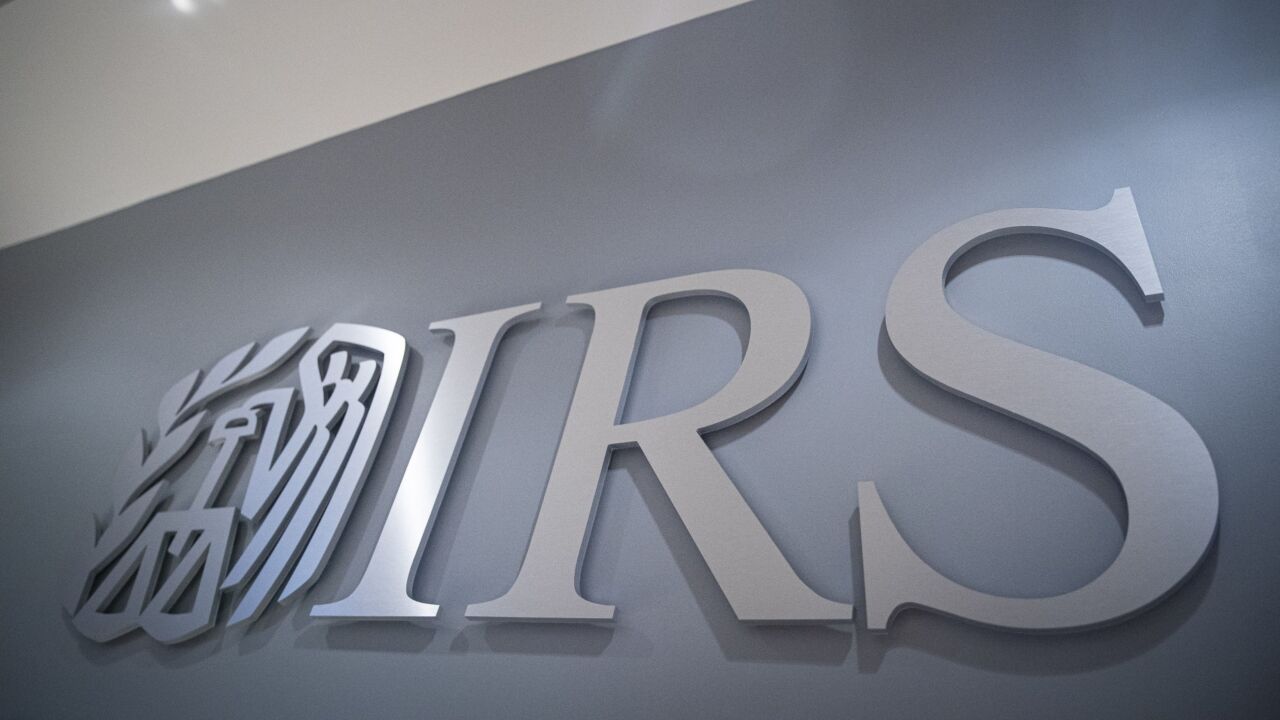New York (Jan. 22, 2004) -- In the wake of Italian dairy product maker Parmalat’s accounting discrepancies and subsequent bankruptcy, the International Federation of Accountants, a global group comprised of some 159 accounting bodies in 118 countries, is calling for greater vigilance by all those involved directly or indirectly in the production of financial information.
For its part, IFAC said it is closely monitoring the Parmalat situation as the facts become public and the truth of the situation emerges. The organization also claims it would support the application of strong sanctions, should they be warranted.
“The Parmalat situation demonstrates that despite the measures that have been taken … to strengthen and improve corporate governance rules, regulations and audit standards, it is very difficult to achieve improvements if those involved in financial reporting are not fully complying with the spirit and letter of the new requirements and national jurisdictions are not enforcing these requirements,” IFAC president René Ricol said in a statement.
The IFAC also said it shared the views expressed by the Italian government and its minister of finance and economy that the country needs to modernize its audit system and reform its financial markets and regulatory system to better protect investors.
In recent months, the IFAC has called for cooperation by the international accountancy profession in meeting the requirements of its new Membership Compliance Program. Under this program, all IFAC member bodies will be required to have appropriate investigative and disciplinary processes for their members, as well as structures to ensure their members are complying with international accounting and auditing standards.
Finally, the IFAC warned against the use of overly complex financial structures and tax havens as a means of avoiding transparent reporting and compliance with laws and regulations. The group attested that widespread use of such structures and the association of tax havens with the movement of money linked to corruption and money laundering makes it difficult to track financial transactions, and can undermine the issuance of accurate and transparent financial statements.
-- WebCPA staff





